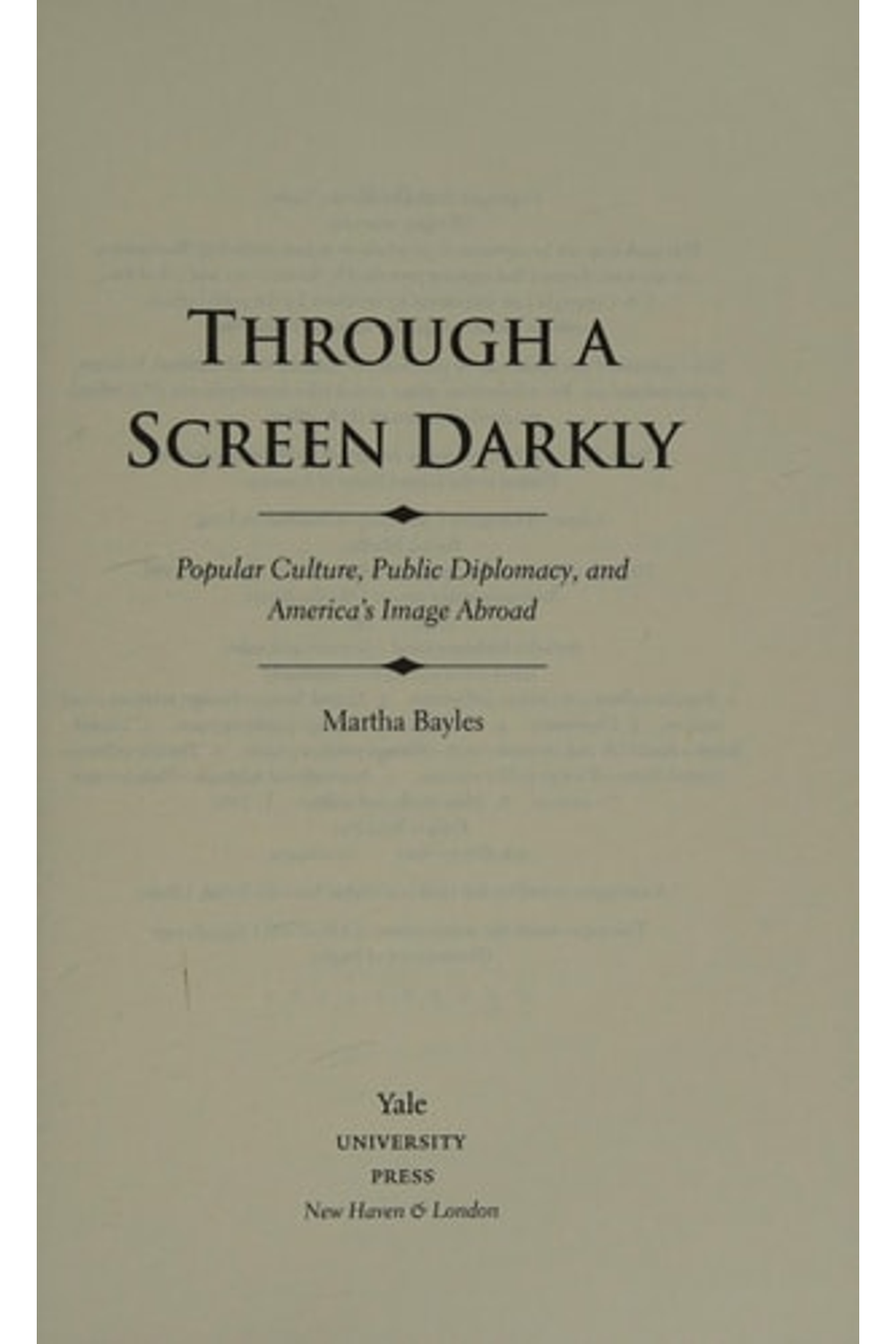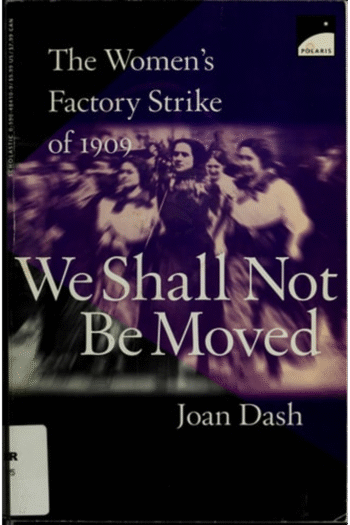Explore the unintended consequences of American pop culture’s global dominance in Martha Bayles’ “Through a Screen Darkly.” This compelling hardcover, published by Yale University Press, delves into how Hollywood films, music, and media shape perceptions of the U.S. abroad. Bayles reveals that America’s entertainment exports, while commercially successful, often portray a distorted and unflattering image of American values, contributing to global misunderstandings. Through interviews and insightful analysis, she argues for a more conscious and balanced approach to cultural diplomacy, urging a return to promoting the nation’s core ideals. If you are interested in understanding the impact of American entertainment on international relations and perceptions this book is for you.
Through a Screen Darkly: Popular Culture, Public Diplomacy, and America’s Image Abroad
26,02 $
In stock
Why it is a mistake to let commercial entertainment serve as America’s de facto ambassador to the world
What does the world admire most about America? Science, technology, higher education, consumer goodsbut not, it seems, freedom and democracy. Indeed, these ideals are in global retreat, for reasons ranging from ill-conceived foreign policy to the financial crisis and the sophisticated propaganda of modern authoritarians. Another reason, explored for the first time in this pathbreaking book, is the distorted picture of freedom and democracy found in America’s cultural exports.
In interviews with thoughtful observers in eleven countries, Martha Bayles heard many objections to the violence and vulgarity pervading today’s popular culture. But she also heard a deeper complaint: namely, that America no longer shares the best of itself. Tracing this change to the end of the Cold War, Bayles shows how public diplomacy was scaled back, and in-your-face entertainment became America’s de facto ambassador.
This book focuses on the present and recent past, but its perspective is deeply rooted in American history, culture, religion, and political thought. At its heart is an affirmation of a certain ethosof hope for human freedom tempered with prudence about human naturethat is truly the aspect of America most admired by others. And its authors purpose is less to find fault than to help chart a positive path for the future.
| Authors | |
|---|---|
| Binding | |
| Condition | |
| ISBN-10 | 0300123388 |
| ISBN-13 | 9780300123388 |
| Language | |
| Pages | 336 |
| Publisher | |
| Year published | |
| Weight | 626 |
| Dewey decimal | 303.48/273 |
Related products
- Additional information
- Currencies
- USD – United States dollar
- EUR – Euro
- GBP – Pound sterling
- CNY – Chinese yuan
- BRL – Brazilian real
- MXN – Mexican peso
- JPY – Japanese yen
- PHP – Philippine peso
- THB – Thai baht
- PLN – Polish złoty
- CAD – Canadian dollar
- MYR – Malaysian ringgit
- AUD – Australian dollar
- TWD – New Taiwan dollar
- CZK – Czech koruna
- SEK – Swedish krona
- HUF – Hungarian forint
- ILS – Israeli new shekel
- CHF – Swiss franc
- HKD – Hong Kong dollar
- DKK – Danish krone
- SGD – Singapore dollar
- NOK – Norwegian krone
- NZD – New Zealand dollar





